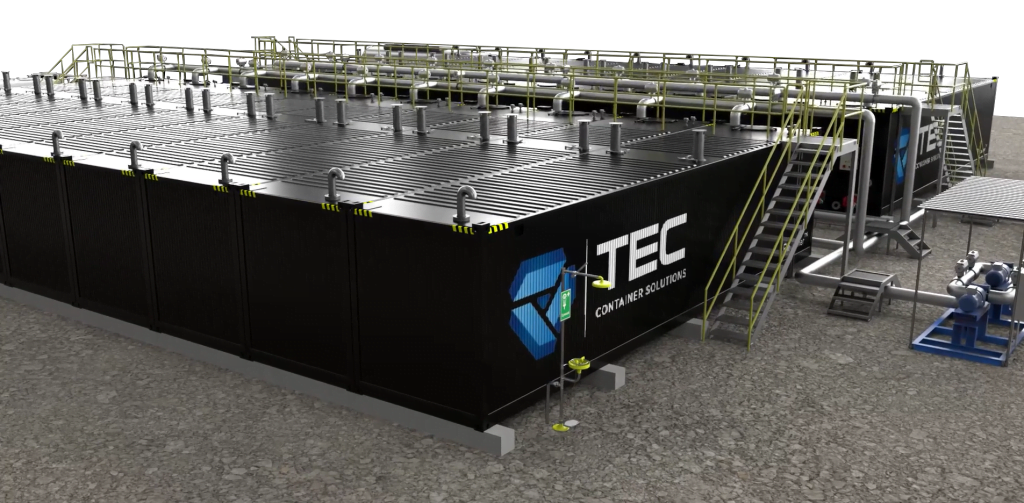The bitumen industry stands as a cornerstone of global infrastructure development, with a pivotal role in the sustainable transformation of construction materials. The push from industry leaders in exploring new innovative strides and strategic adaptations aimed at diminishing the environmental impact of bitumen is essential to achieve the targets set out to achieve net-zero, but also provides an excellent opportunity for growth within our sector.
The Call for Change
Traditionally associated with substantial environmental footprints, the bitumen industry is a considerable contributor to global CO2 emissions. Annually, it is responsible for emitting millions of tonnes of carbon, primarily due to its energy-intensive production processes and extensive transportation requirements. In the face of escalating environmental concerns and stringent regulations, there is a compelling imperative for the industry to embrace more sustainable practices to align with international climate objectives. For instance, the industry’s push towards achieving a 30% reduction in carbon emissions by 2030 demonstrates a commitment to substantial environmental responsibility.
Innovative Pathways to Sustainability
Many of those in the bitumen sector aim to achieve net-zero emissions by 2050, but this is much easier said than done. The development of new, environmentally conscious materials, processes and strategies has seen significant growth in recent years, with many showing promise for significant changes and improvements in both carbon emissions and economic efficiency. The growth and development in the bitumen industry is showing a great deal of promise, with the coming years being an exciting time for new changes and advancements to excel our current systems.
- Advanced Production Methods: Revolutionising the landscape of bitumen manufacturing, modern production techniques such as warm-mix asphalt have been instrumental. These methods lower production temperatures, which not only conserve energy but also reduce emissions by approximately 20%. Moreover, the shift from traditional fossil fuels to greener energy sources, including biofuels and electricity, has the potential to decrease the carbon footprint significantly. A notable innovation in this area is the integration of solar thermal technologies in several European plants, which has reduced dependence on non-renewable energy sources by 40% in the past five years.
- Redefining Transport and Storage: Logistical advancements play a crucial role in minimising environmental impacts. The benefits of utilising effective and efficient transport and storage solutions not only provide an environmentally friendly edge to traditional solutions, such as drum transport or large-scale static facilities, they also provide key business improvements to both efficiency and flexibility. TEC’s BitutainerTM was specifically designed to overcome the constraints and difficulties of drum and bag transport. The increased durability and thermal efficiency of our containers provide an environmental advantage from both spill prevention and resource management. The additional reductions in production and disposal of used containers are significantly reduced since a large number of our units are still in operation 20+ years after manufacture. Our Bitutainer Storage Facilities also embody the principles of energy efficiency and environmental responsibility. By incorporating concepts such as only heating the bitumen that is needed, we not only ensure the superior quality of your bitumen products but also contribute to a more sustainable industry. Our advanced storage solutions are designed to maintain the integrity of bitumen while significantly reducing energy consumption and carbon emissions.
- Pioneering Bitumen Alternatives: The exploration of sustainable materials is redefining industry standards. Innovations like bio-bitumen, derived from natural resins and vegetable oils, along with enhanced recycling practices that increase the use of Reclaimed Asphalt Pavement (RAP), champion the principles of the circular economy. These practices not only reduce dependence on virgin raw materials but also significantly diminish the lifecycle emissions of products. Recent developments in the Netherlands have seen the introduction of fully recyclable roads, incorporating up to 60% RAP, setting new benchmarks for sustainability.

Collaborative Ventures and Policy Advocacy
The path to sustainability in bitumen production and usage necessitates robust collaboration across industries, governments, and academic institutions. These partnerships are vital for the seamless exchange of technology and innovative ideas, ensuring that the industry remains on track to meet emission reduction targets. An example of such a collaborative effort is the Global Bitumen Alliance, which includes major players from over 20 countries, focusing on technology sharing and best practices that aim to halve emissions by 2040.
As the bitumen industry navigates through transformative shifts, its focus sharpens on reducing environmental impacts and promoting sustainable growth. Through relentless innovation, strategic collaboration, and a steadfast commitment to environmental goals, the industry is well-equipped to satisfy the requirements of a greener future. This article underscores the extensive initiatives underway to mitigate the carbon footprint of the bitumen industry, illustrating that through innovation and collaborative efforts, significant environmental enhancements are attainable.






